US invasion of Iraq based on facile WMD claims
When the US branded “coalition of the willing” invaded Iraq in 2003, it marked a major turning point for the region and the beginning of the end for US influence in West Asia.
Washington’s allies are now aware of the waning US influence on the global stage, and how being a US ally wouldn't mean much, unless security is maintained by regional West Asian countries themselves.
At this hour American Coalition forces are in the early stages of military operations to disarm Iraq, to free its people, and defend the world from grave danger.
George W Bush, Former US President
Former US President George W Bush decided to oust Saddam Hussein by force under the false pretext of WMDs unleashed the American war machine on Iraq. Iraq, as well as the wider West Asia region, will never be the same.
The crime Bush Junior has committed along with his companions is the crime that he had promised Iraq.
Saddam Hussein, Former Iraqi President
The US still contends with the consequences of invading Iraq 20 years ago
… there is [sic] not many who would come to the defense of this and think that this was a wise intervention that, again, I mean, I think mostly because there are two sides to the case.
One which is there was no justification for doing it all in the first place, or, which is one kind of critique and the other is that well, there was a justification, but only if you were capable of making sure that what came after was not worse than what happened before and the combination of the two makes this pretty flawed.
Jim Steinberg, Former US Deputy Secretary of State
What came after depends on who you ask in American administrations past and present.
The US President at the time of the invasion, George W. Bush, had a rosy assessment.
Major combat operations in Iraq have ended; in the Battle of Iraq, the United States and our allies have prevailed.
George W Bush, Former US President
There is no doubt that Saddam Hussein was a ruthless dictator. His fate, in some way, was justified.
The court has decided to sentence Saddam Hussein Al-Majid to be hanged until he is dead for crimes against humanity.
Raouf Abdul Rahman, Former Iraqi Presiding Judge
Yet John Bolton believed removing Saddam justified the costs.
I think the removal of Saddam Hussein was an unmitigated plus. There's no doubt that he would have sought weapons of mass destruction once UN inspectors were withdrawn from Iraq and once Iraq was free of UN sanctions; no doubt about it.
John Bolton, Advisor to Former US President, George W Bush
But what was not justified was the US forcing its version of democracy on Iraq.
The intervention has raised a lot of questions about two things, which is one, you know, how much was the United States are willing to pursue its conception of its own interests at the expense of what was going on in the region and, therefore, how much of a good partner was the United States in dealing with challenges in the region and second, having done that, and having acted unilaterally in effect, how constant and consistent is the United States?
And so both of these things, I think, have diminished our influence in the region.
So in that sense, I think you can feel confidence the net result of this has been bad for US leverage, bad for US Influence, bad for our ability to partner with countries in the region to achieve our objectives, including visa vis Iran.
Jim Steinberg, Former US Deputy Secretary of State
The US invasion of Iraq was the beginning of the major unraveling of US policy in West Asia. It also revealed the true colors of a brutal regime.
The huge financial cost of US involvement, according to a 2020 paper by The Cost of War Project at Brown University, was nearly $2 trillion but could be as high as $4 trillion. Then there is the human cost: US soldiers, about 5000; Iraqi civilians, over 1 million.
The US failed in Iraq was on multiple fronts. From the torture at Iraqi prisons, such as Abu Guraib, which demonstrated the brutality of the US regime to the waning support from the Iraqi population; the US realized it had to pull out of Iraq.
Today, I can report that, as promised, the rest of our troops in Iraq will come home by the end of the year, after nearly nine years, America's war in Iraq will be over.
Barak Obama, Former US President
Just decided we didn't want to do this stuff anymore. And that began, to be honest, I mean, that began with President Obama declaring that he wanted he was going to pull all forces out of Iraq and Afghanistan.
Ryan Crocker, Former US Ambassador to Iraq
Afghanistan, another US debacle, was the nail in the coffin for yet another failed US foreign policy.
And by the end of this year, the transition will be complete. And Afghans will take full responsibility for their security and our combat mission will be over.
Barak Obama, Former US President
And we're dealing very well with the Taliban. They're very tough. They're very smart. They're very sharp. But you know, it's been 19 years and even they are tired of fighting.
Donald J Trump, Former US President
I'm now the fourth United States president to preside over American troop presence in Afghanistan; two Republicans two Democrats. I will not pass this responsibility onto a fifth.
US President, Joe Biden
Currently, however, US influence in West Asia has reached a standstill.
Nothing could be clearer evidence of that than the recent Iran Saudi resumption of diplomatic ties.
It is rather ironic that the country which the US invaded in 2003, Iraq, mediated the resumption of ties between Saudi Arabia and Iran which may lead, once and for all, to the complete expulsion of US troops from the region.
Fence-mending talks with Saudi Arabia in Baghdad.
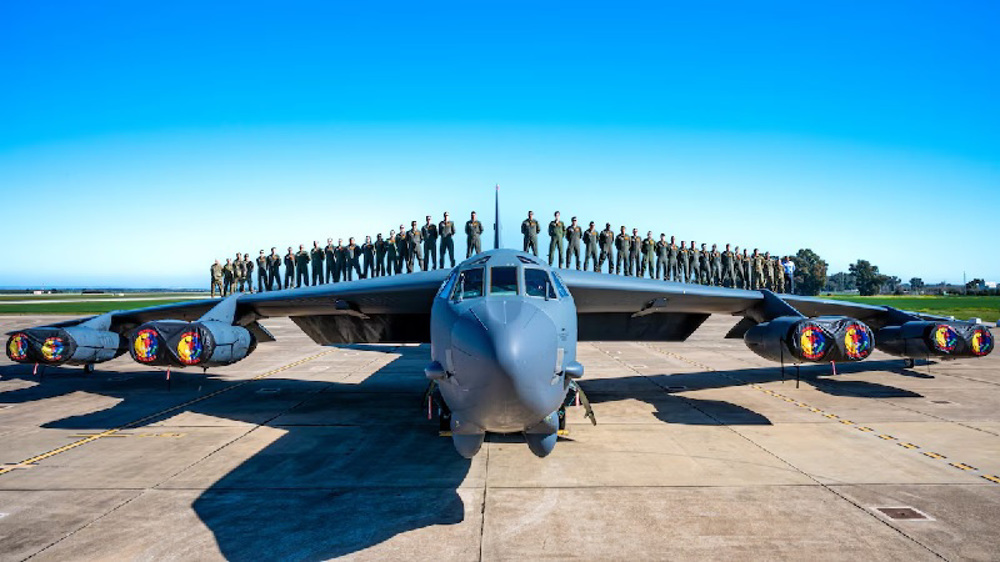
US B-52 bombers in West Asia do not scare Iran
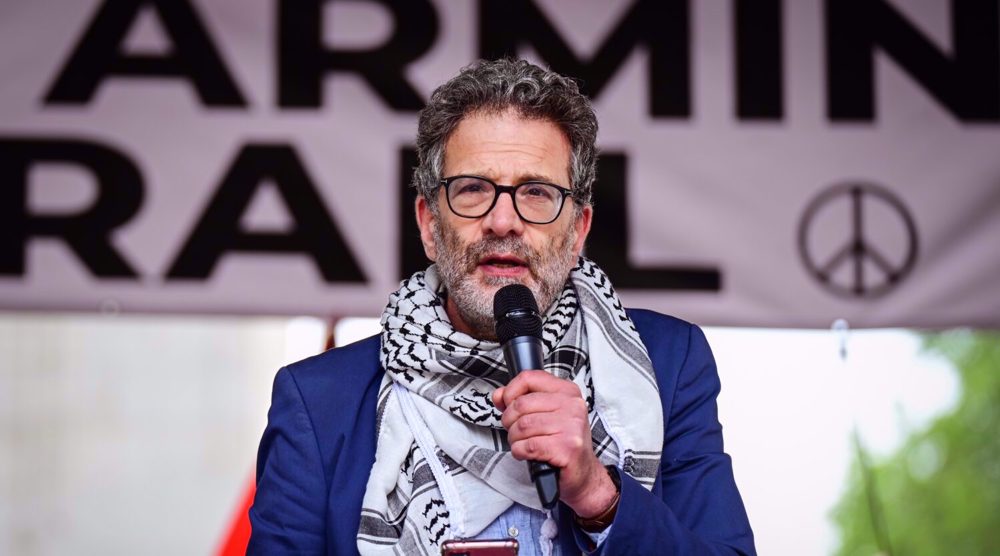
Palestine Solidarity Campaign director on trial

‘Doctors Against Genocide’ demands US Senate stop Trump
Hezbollah's display of power proved resistance cannot be eliminated: Iran parl. speaker
Israel escalates West Bank raids as official says regime seeking to complete Gaza genocide
Australian senator smeared by anti-Iran groups for saying Iranian women 'have a voice'
Palestinian man dies in Israeli prison as Foreign Ministry urges intl. probe into regime’s crimes
Putin says not opposed to Europeans’ involvement in Ukraine talks
VIDEO | Iranian Kurdish protesters demand European action against PKK, PJAK terror
VIDEO | Israel expands offensive in northern West Bank, deploys tanks to Jenin
VIDEO | Spaniards fill streets of Cádiz in solidarity with Palestine


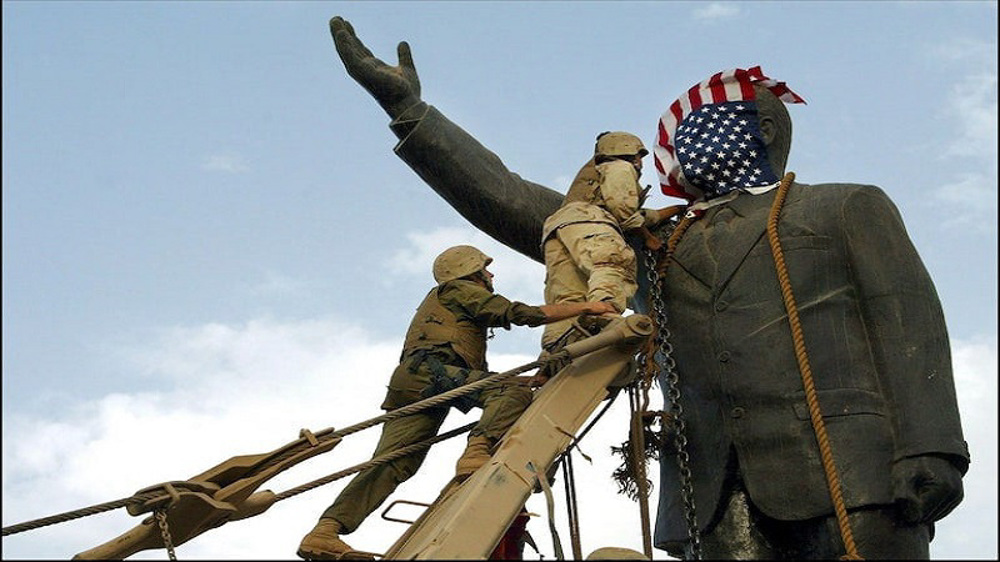
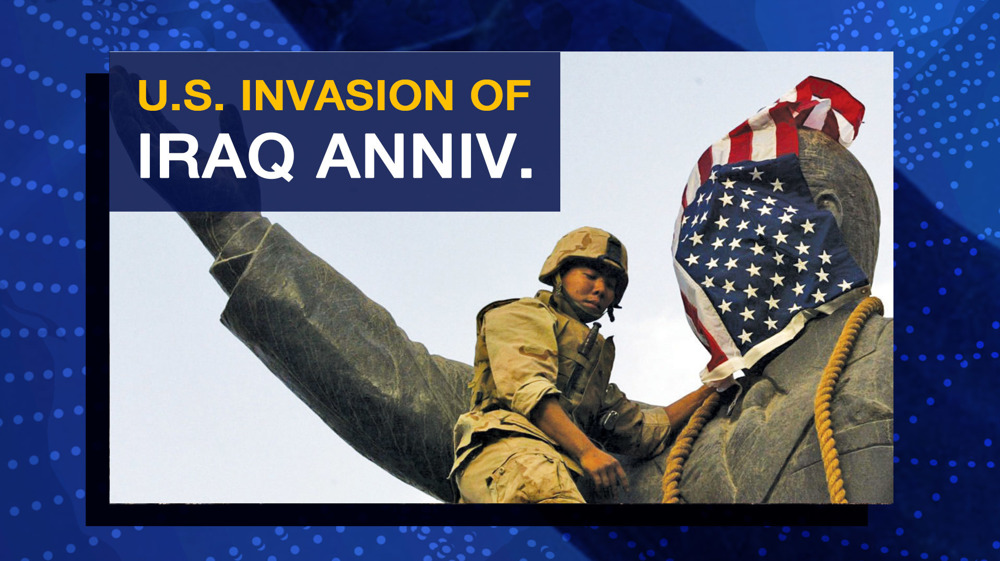
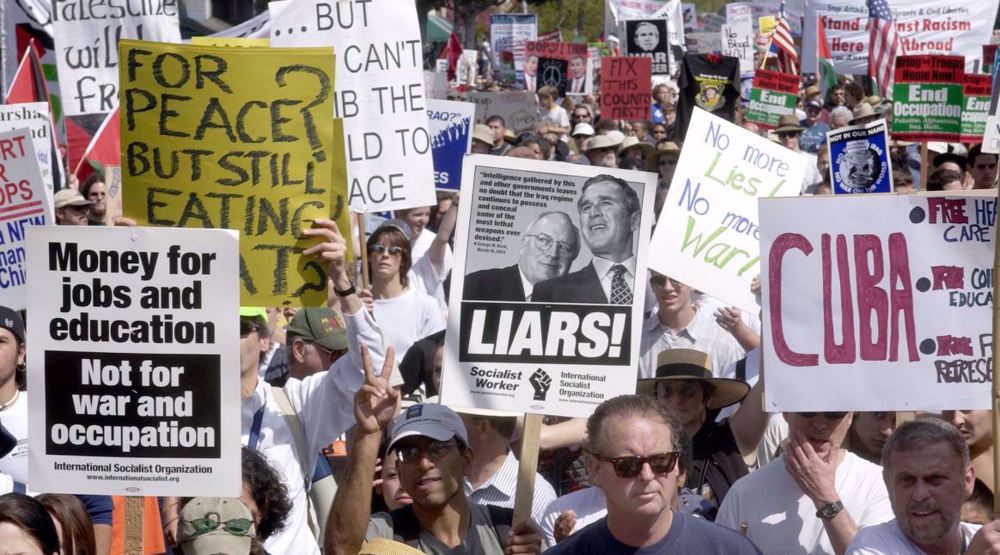
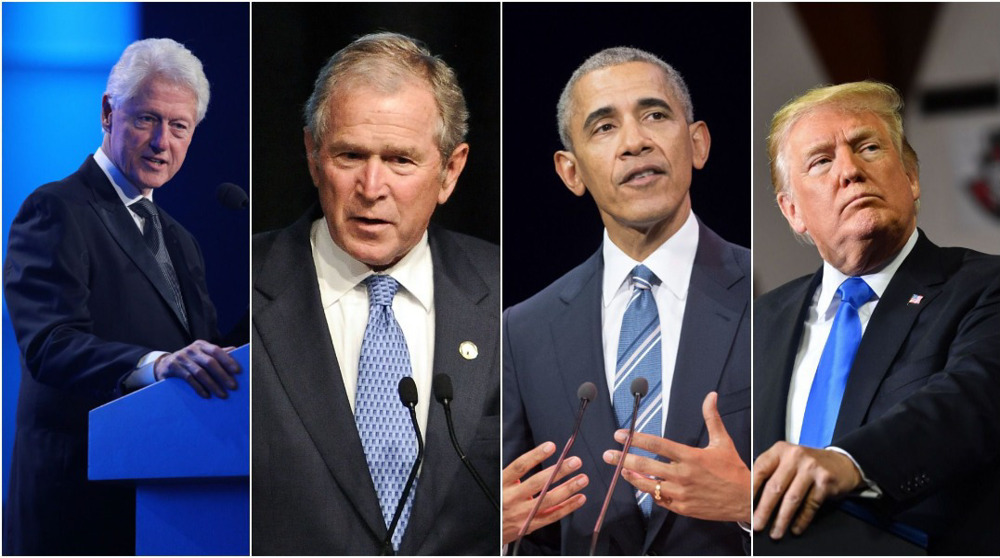
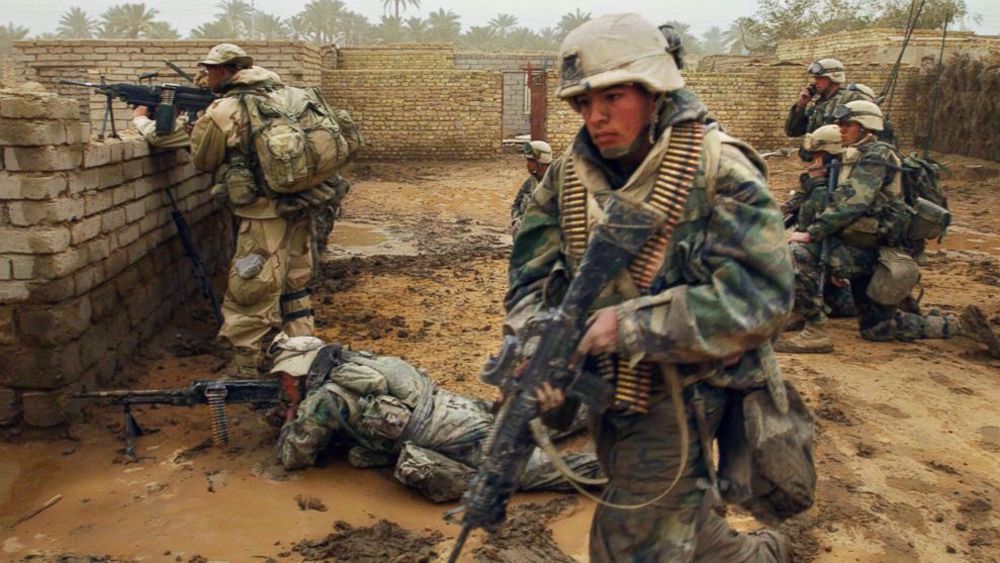
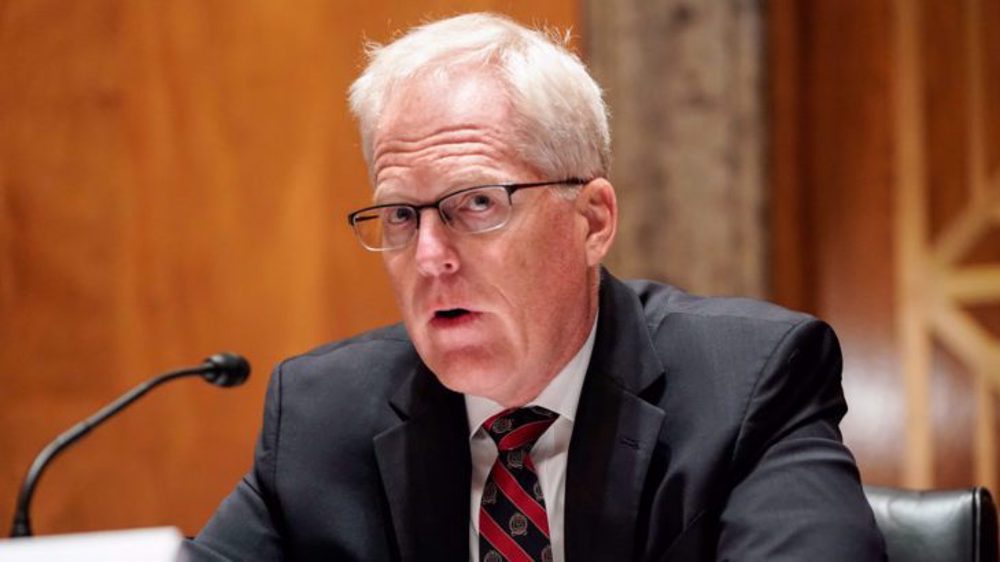
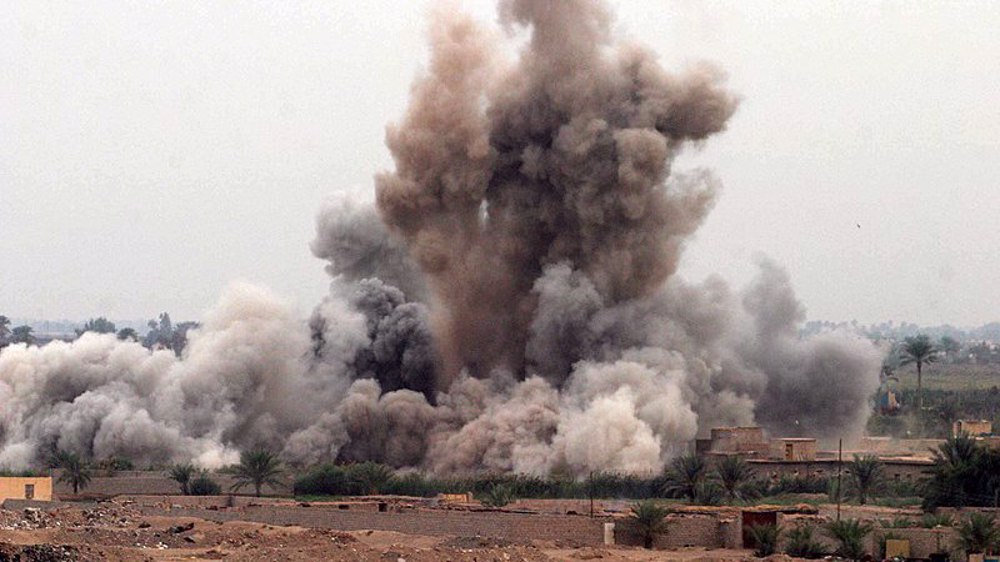
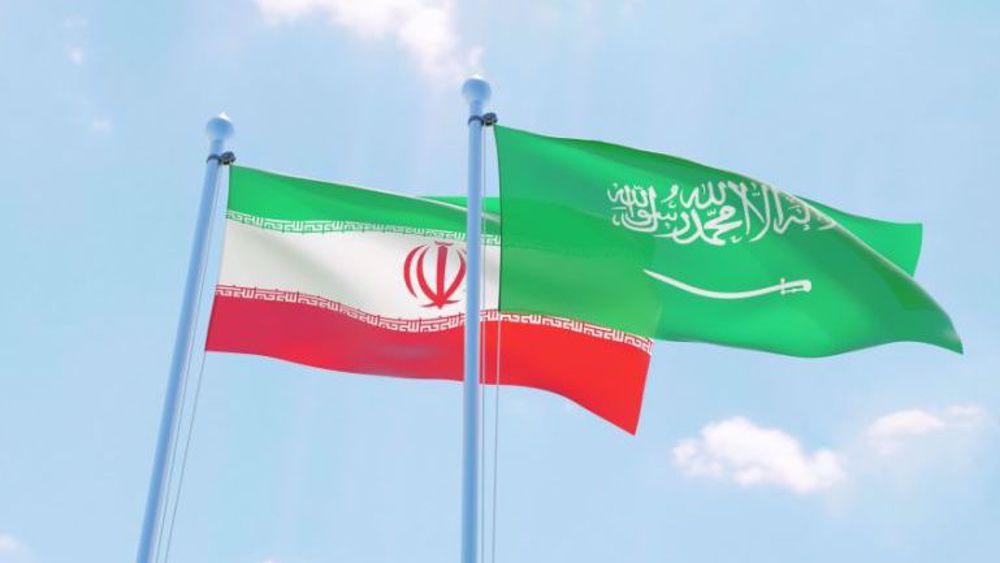



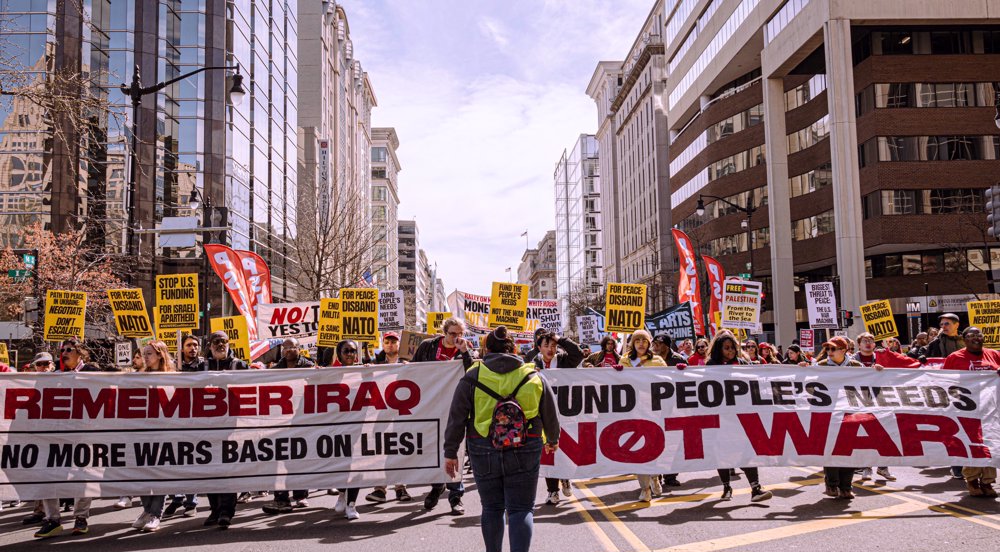
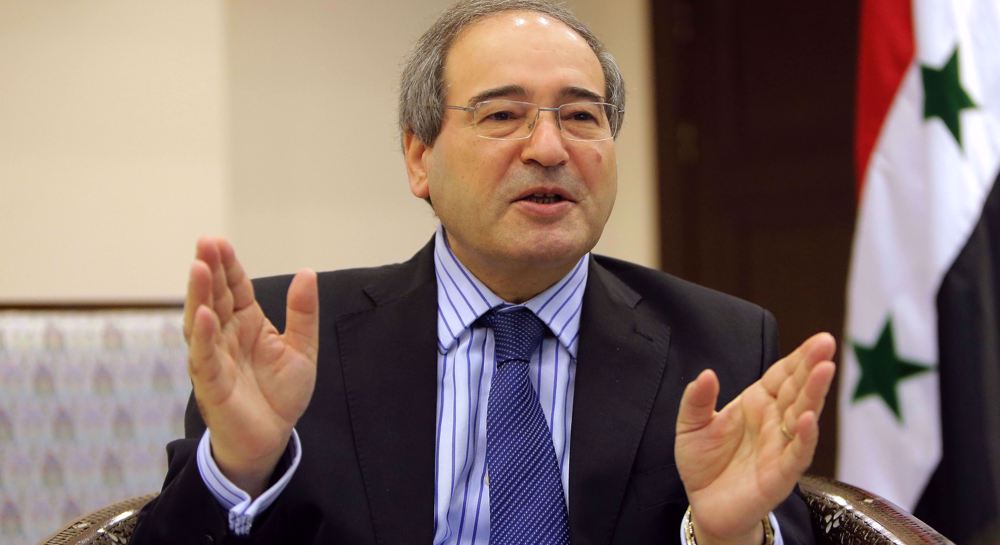
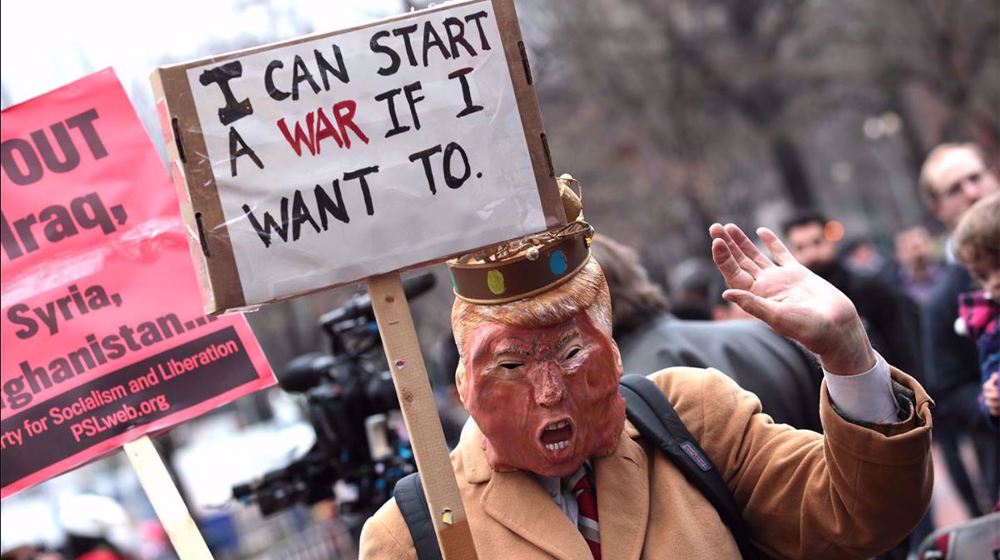
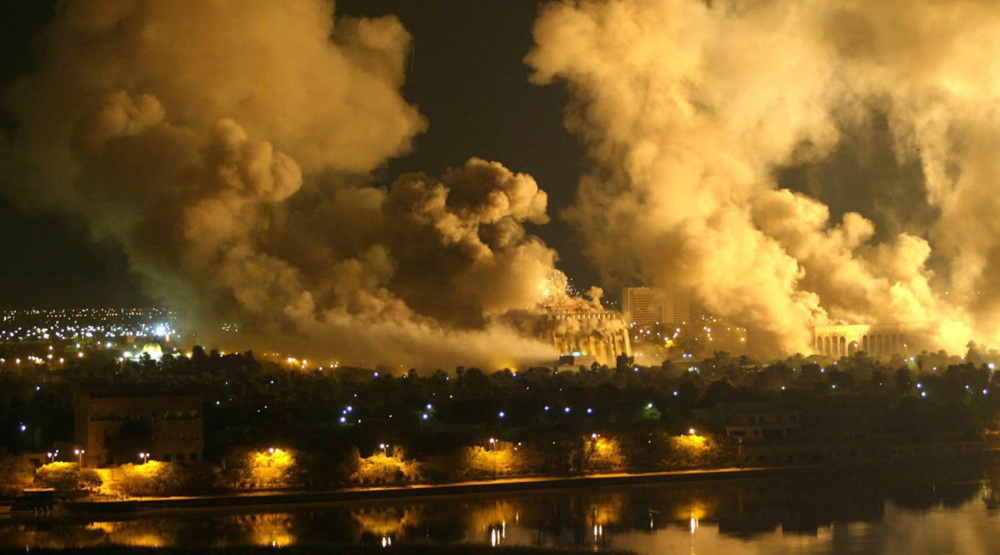
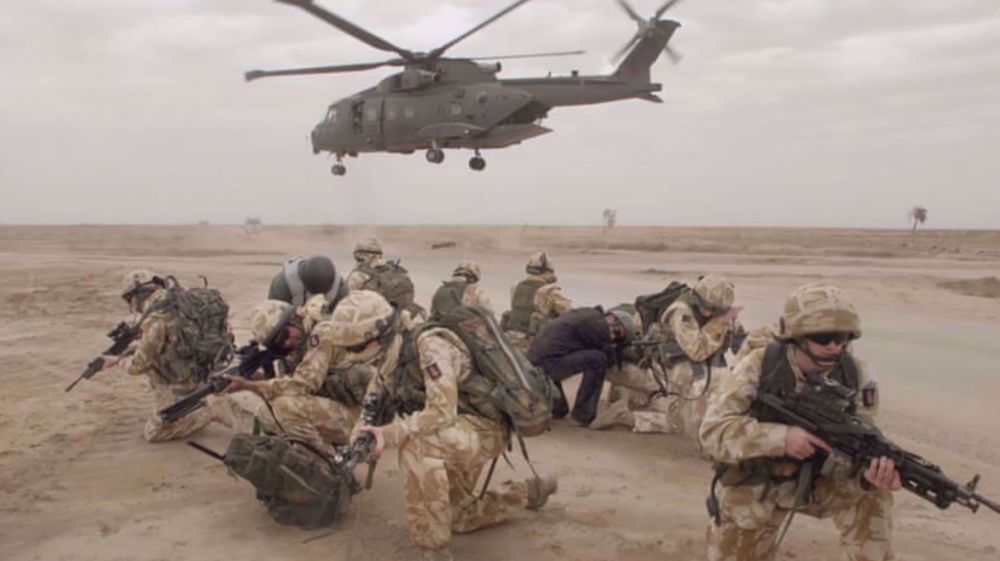
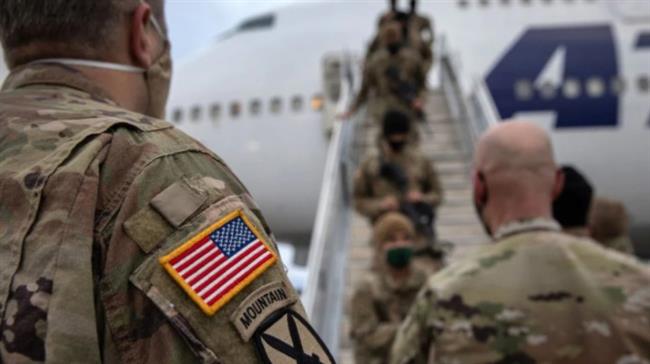
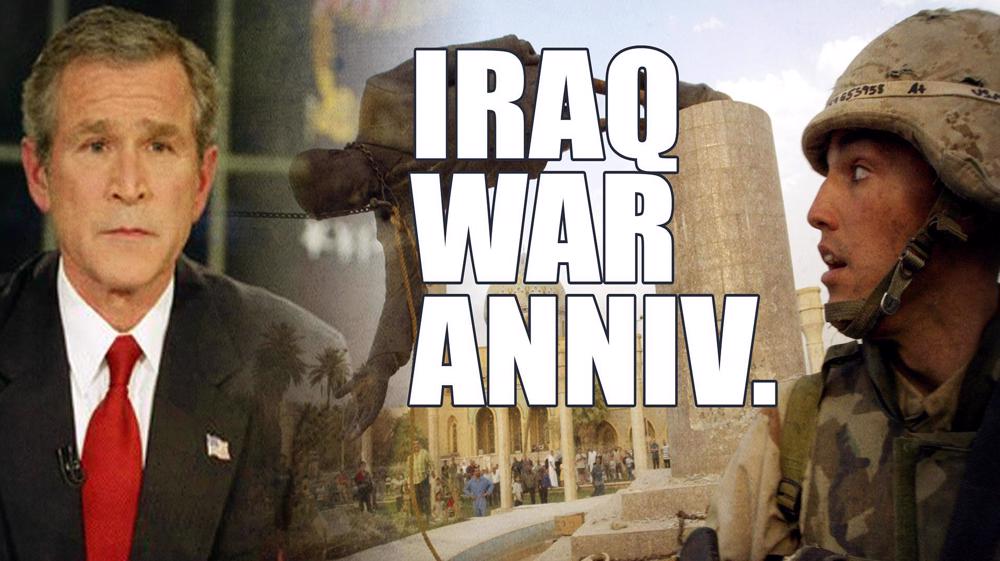
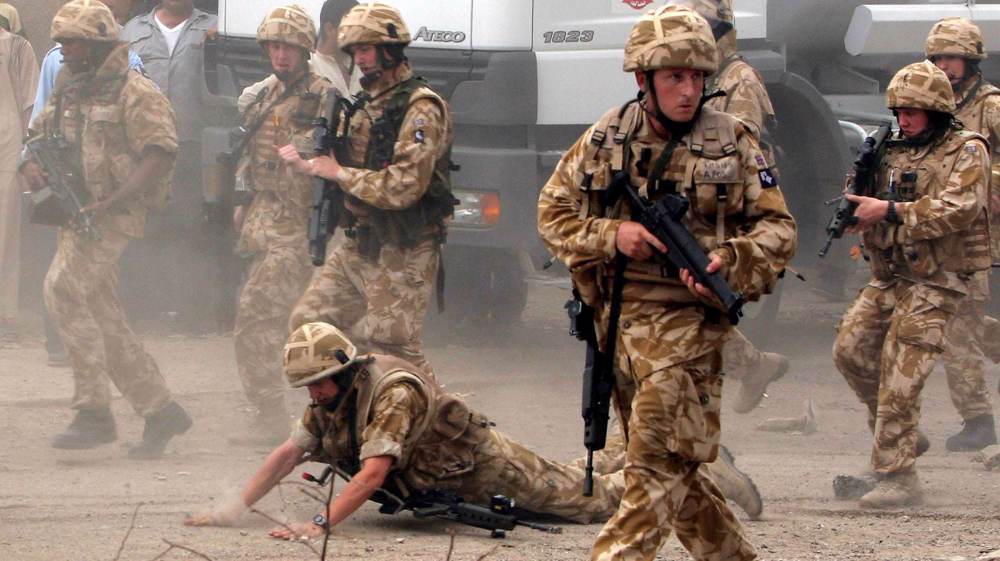
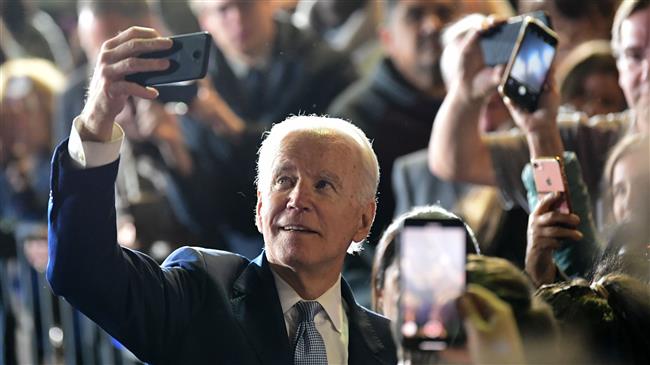

 This makes it easy to access the Press TV website
This makes it easy to access the Press TV website